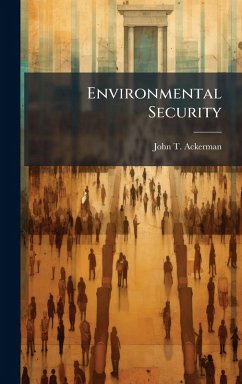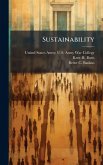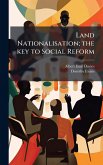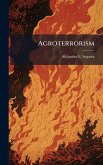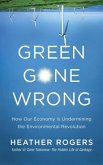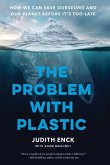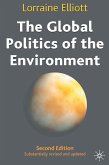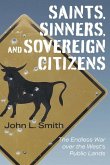The objective of this paper is to determine how environmental degradation impacts U.S. National Security by researching the evolution of the concept of environmental security. Research was pursued via Internet and AU Library sources. Significant articles, papers, and books on population impacts, environmental degradation, violent conflict, and environmental security were reviewed and analyzed from 1960 till 1998. In the first chapter, I analyzed the research material investigating the causes and effects of environmental degradation in the 1960s and 1970s, focusing on the impact of population growth. This early material debated the potential, deadly environmental effects, swift decline in living conditions, and violent conflict for scarce renewable and nonrenewable resources that the impending "population bomb" would cause. Chapter Two looks at the growing debate during the 1970s and 1980s on the effects of environmental degradation on ecosystems, and the possible ramifications on international security. The first appearance of the concept of environmental security was seen during this phase. The third chapter deals with the connection between degradation of renewable resources, violent conflict, and environmental security. Finally, the last chapter introduces my conclusions, and gives suggestions for intervention by the U.S., our allies, and the United Nations into environmental security threats in the 21st century. This work has been selected by scholars as being culturally important, and is part of the knowledge base of civilization as we know it. This work was reproduced from the original artifact, and remains as true to the original work as possible. Therefore, you will see the original copyright references, library stamps (as most of these works have been housed in our most important libraries around the world), and other notations in the work. This work is in the public domain in the United States of America, and possibly other nations. Within the United States, you may freely copy and distribute this work, as no entity (individual or corporate) has a copyright on the body of the work. As a reproduction of a historical artifact, this work may contain missing or blurred pages, poor pictures, errant marks, etc. Scholars believe, and we concur, that this work is important enough to be preserved, reproduced, and made generally available to the public. We appreciate your support of the preservation process, and thank you for being an important part of keeping this knowledge alive and relevant.
Bitte wählen Sie Ihr Anliegen aus.
Rechnungen
Retourenschein anfordern
Bestellstatus
Storno

